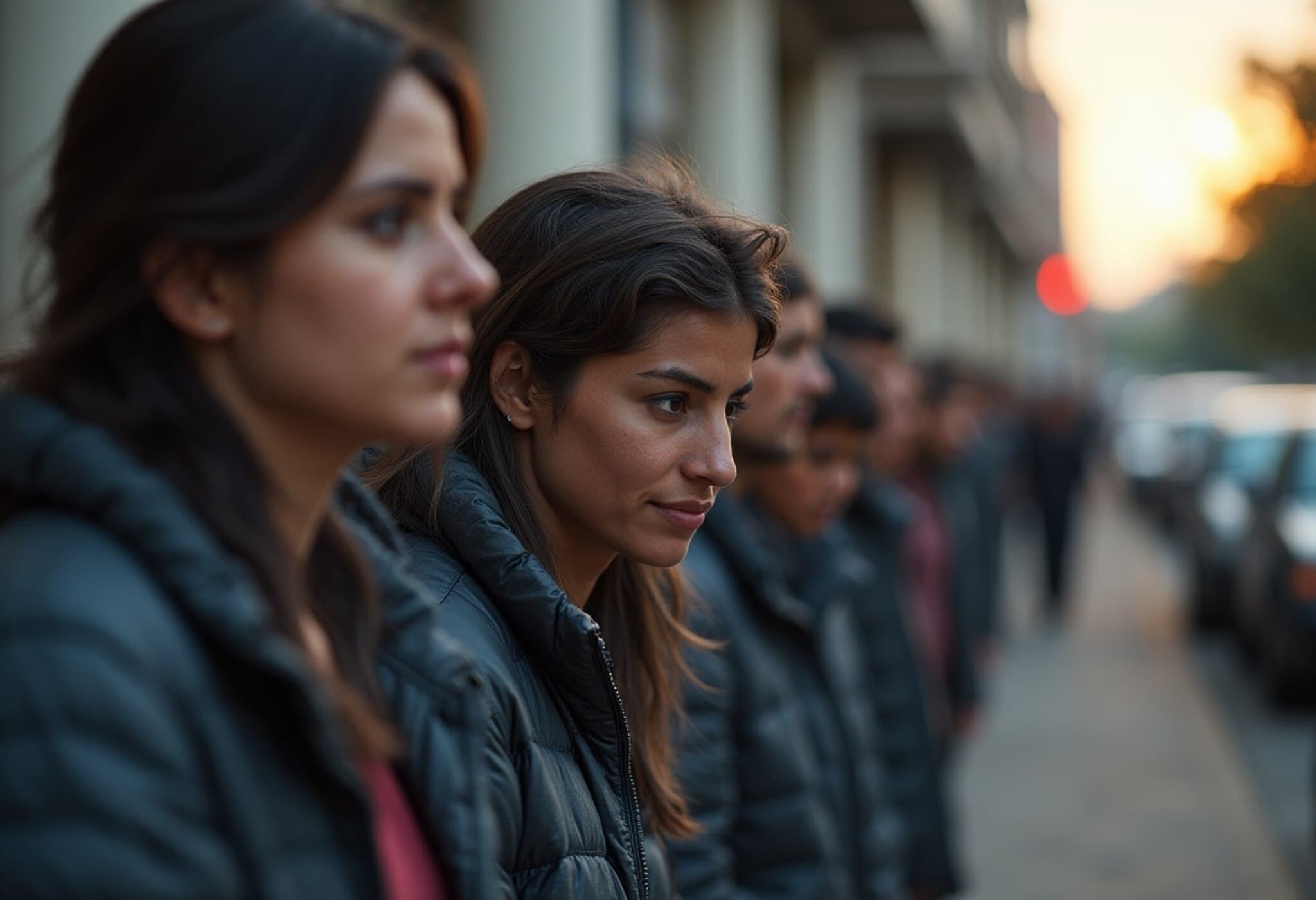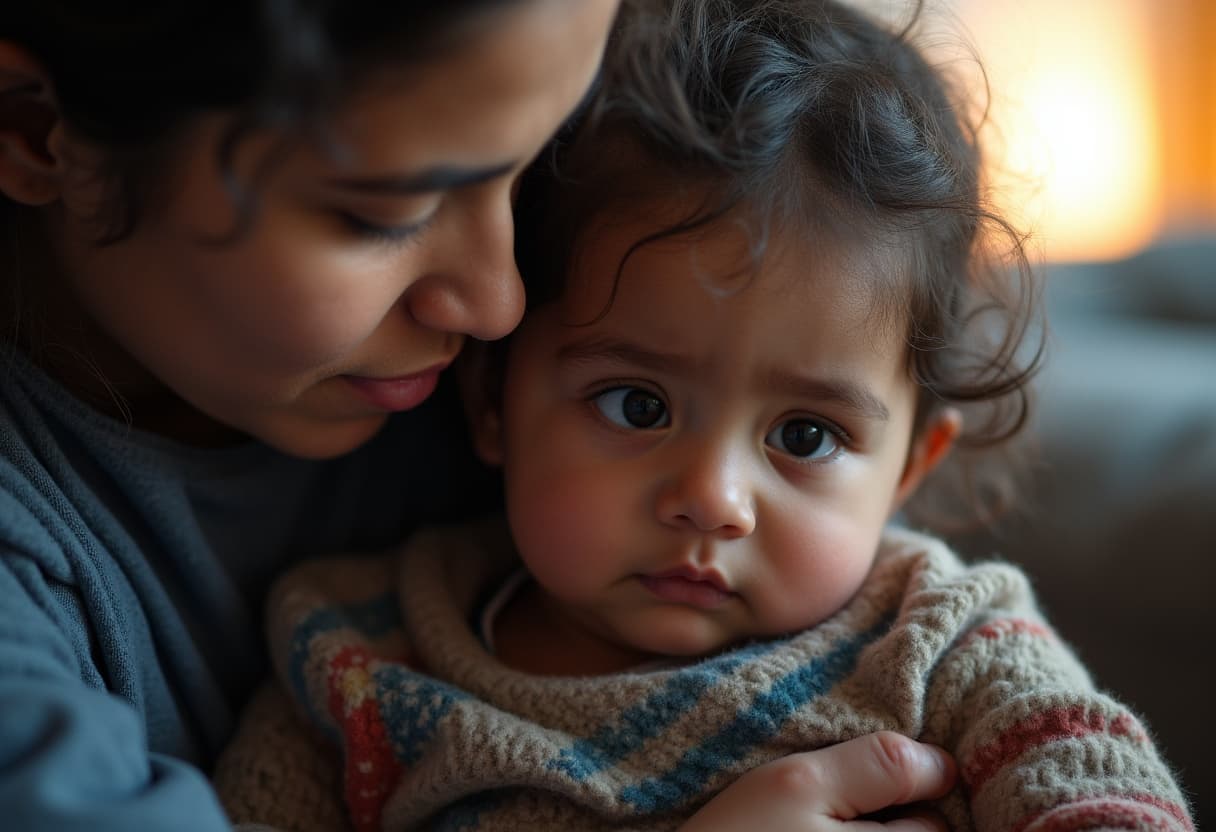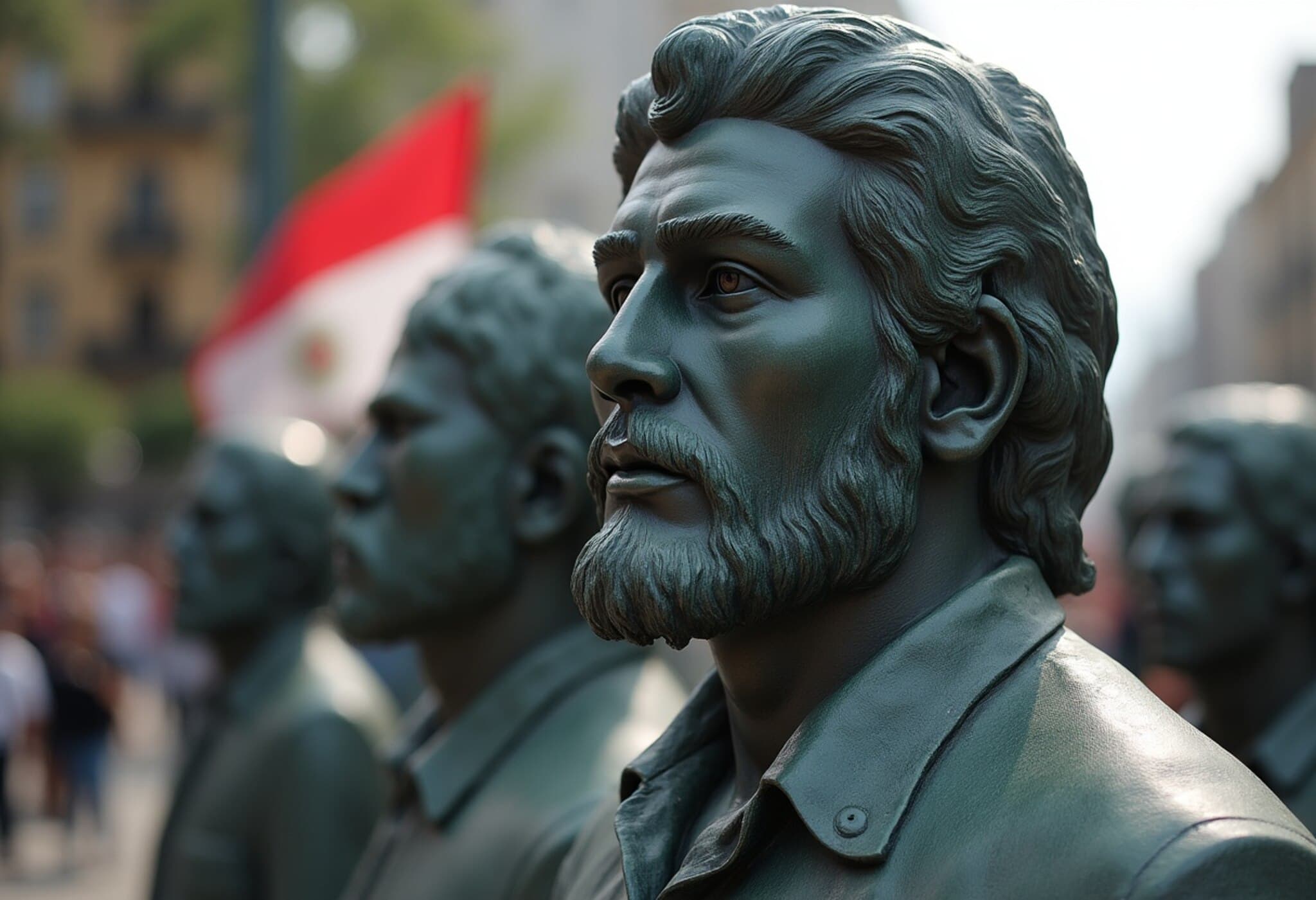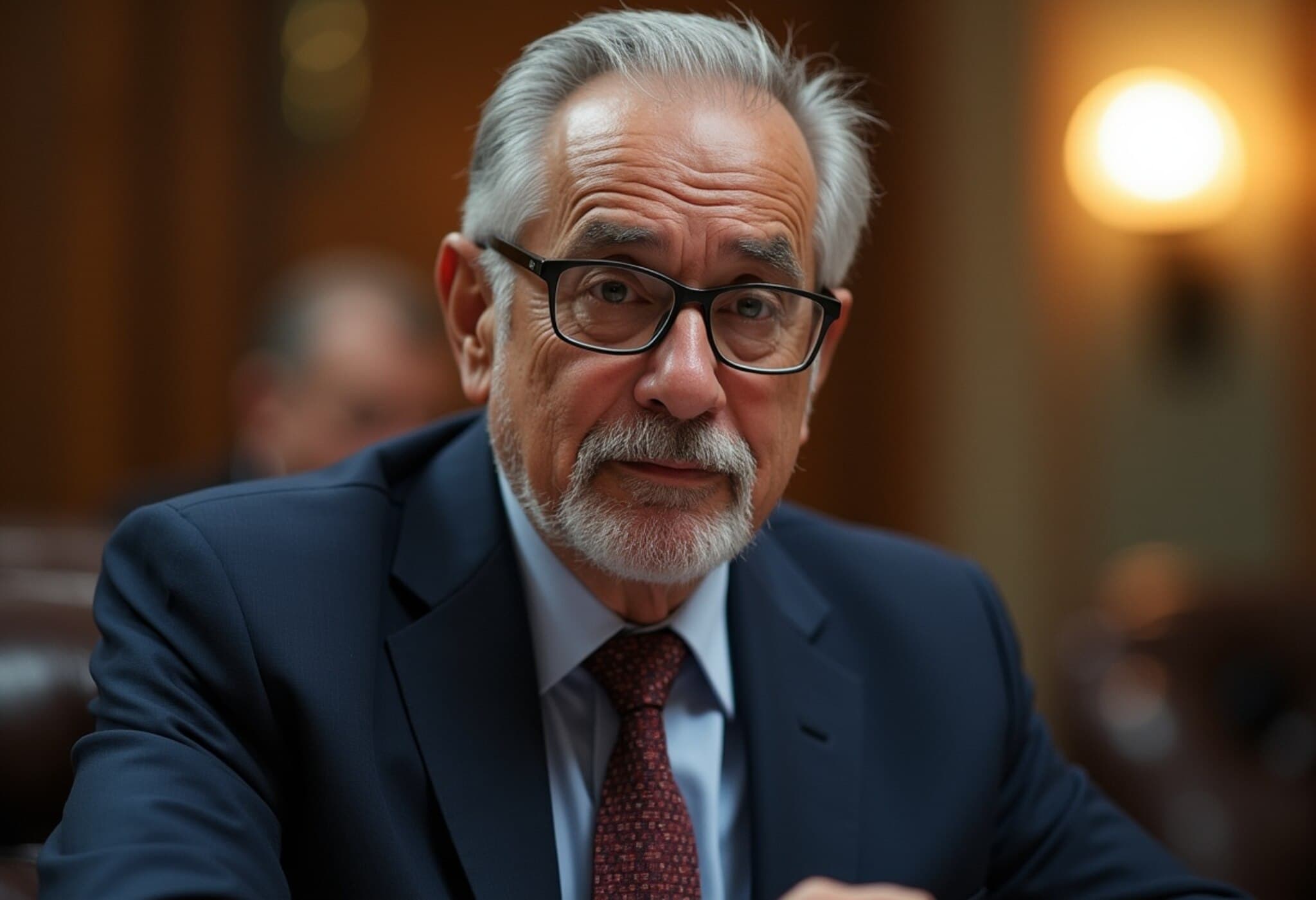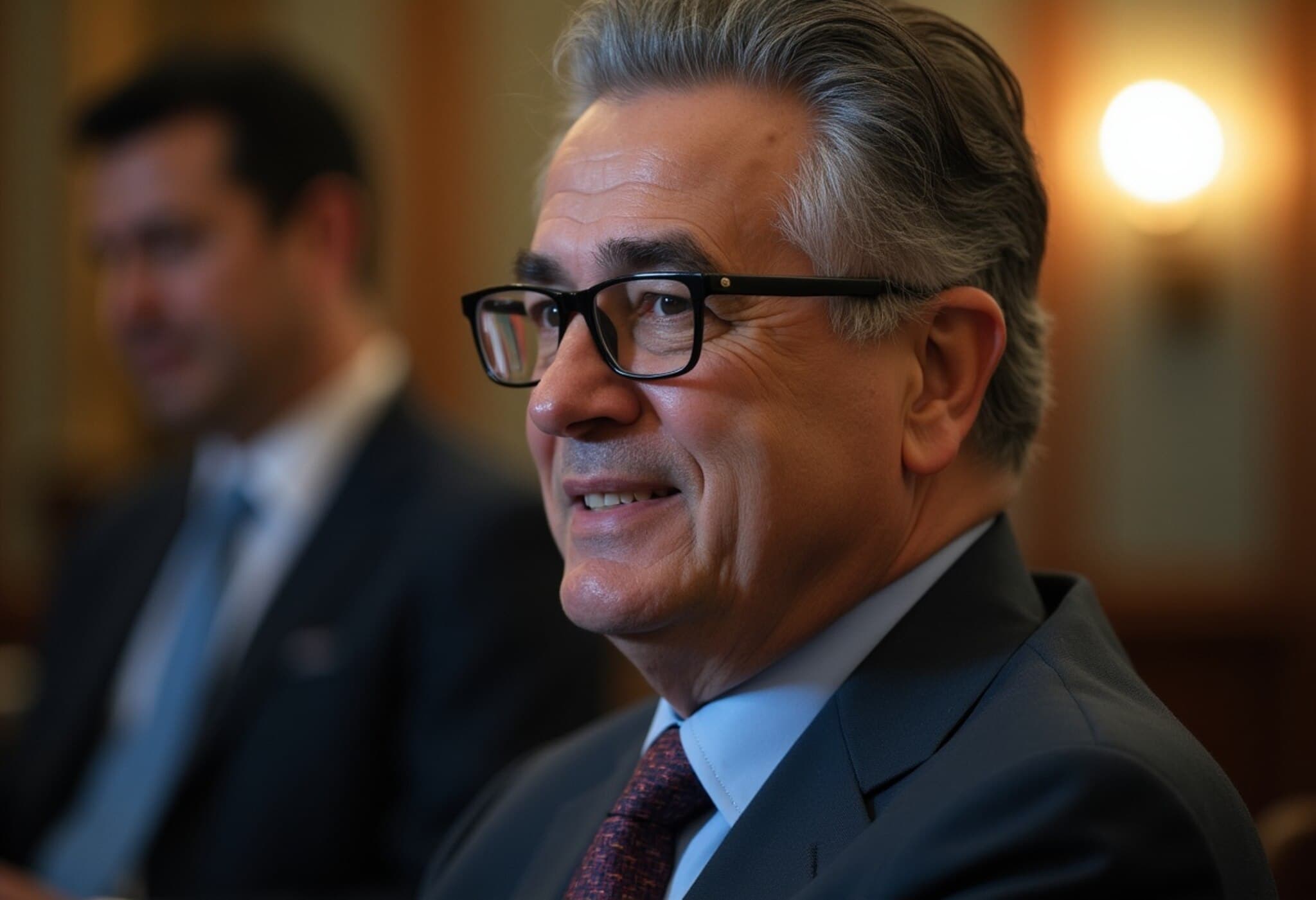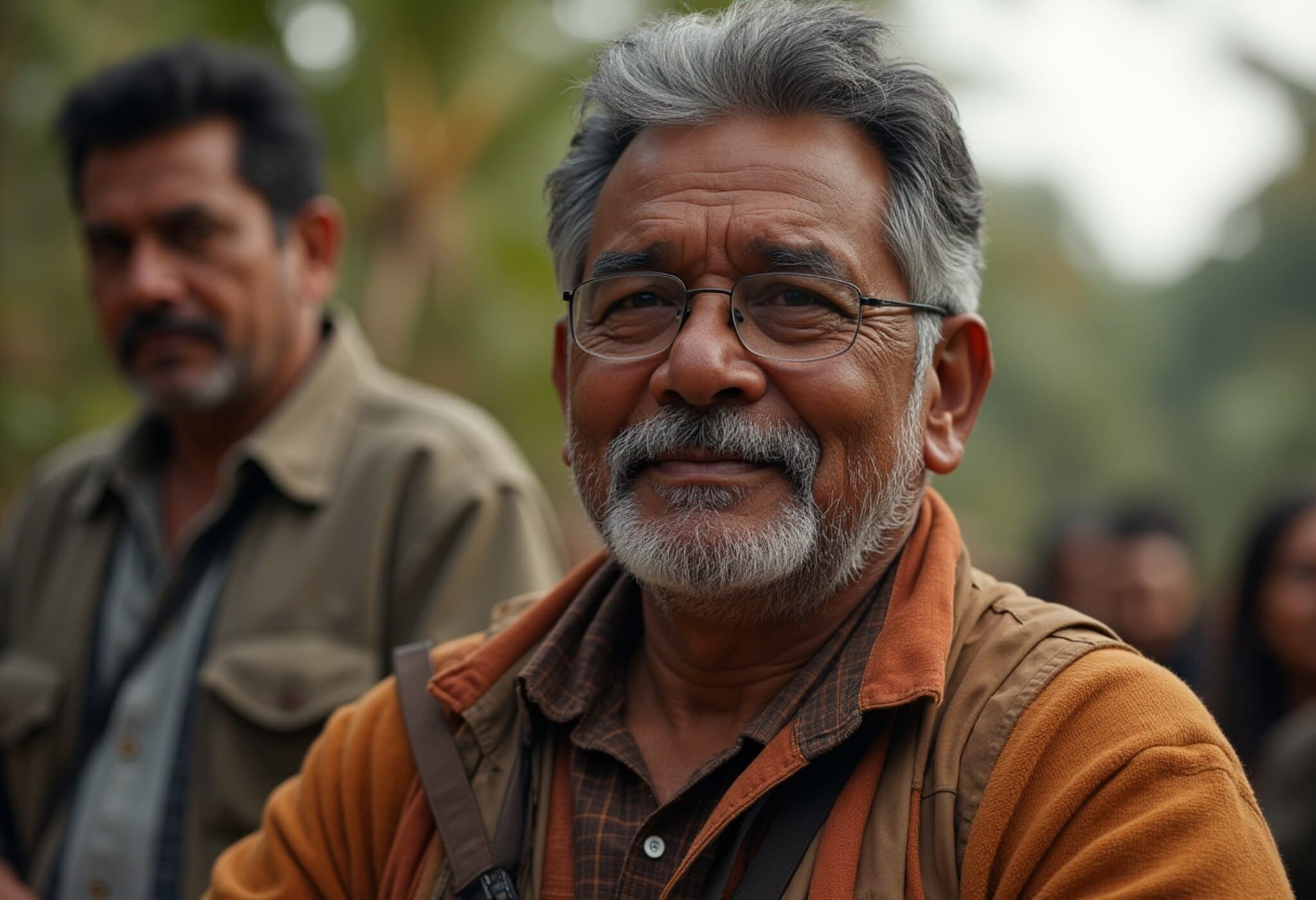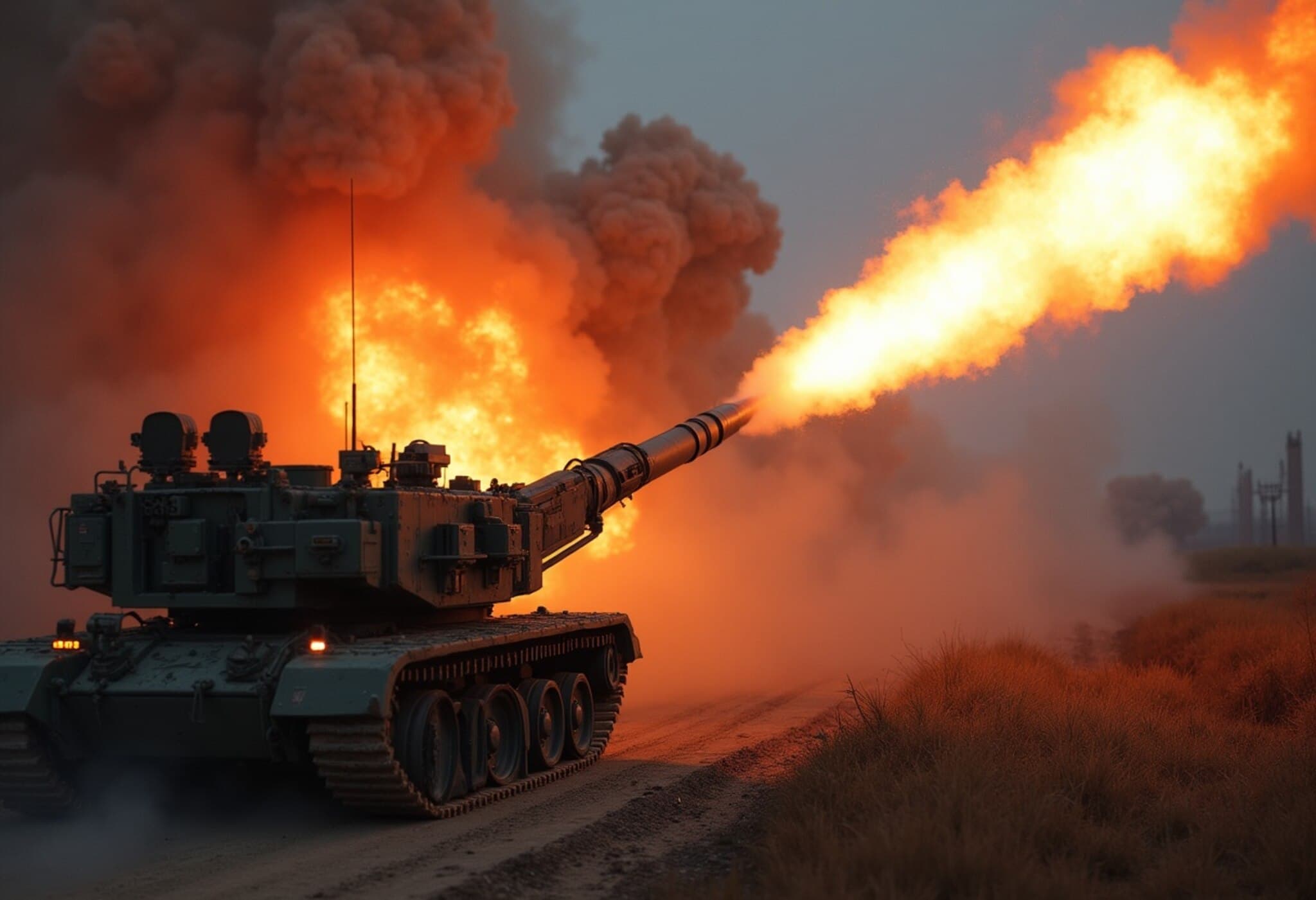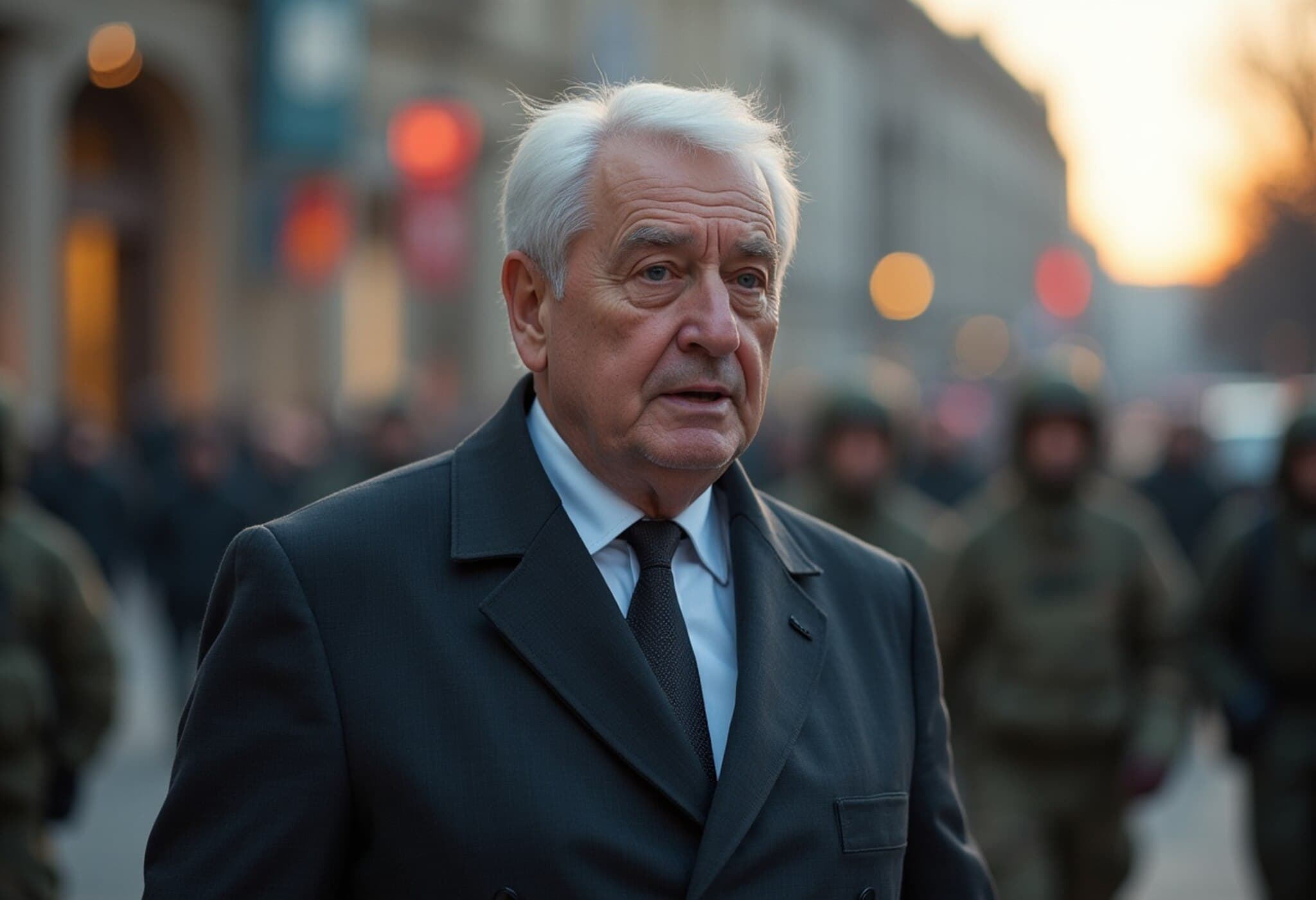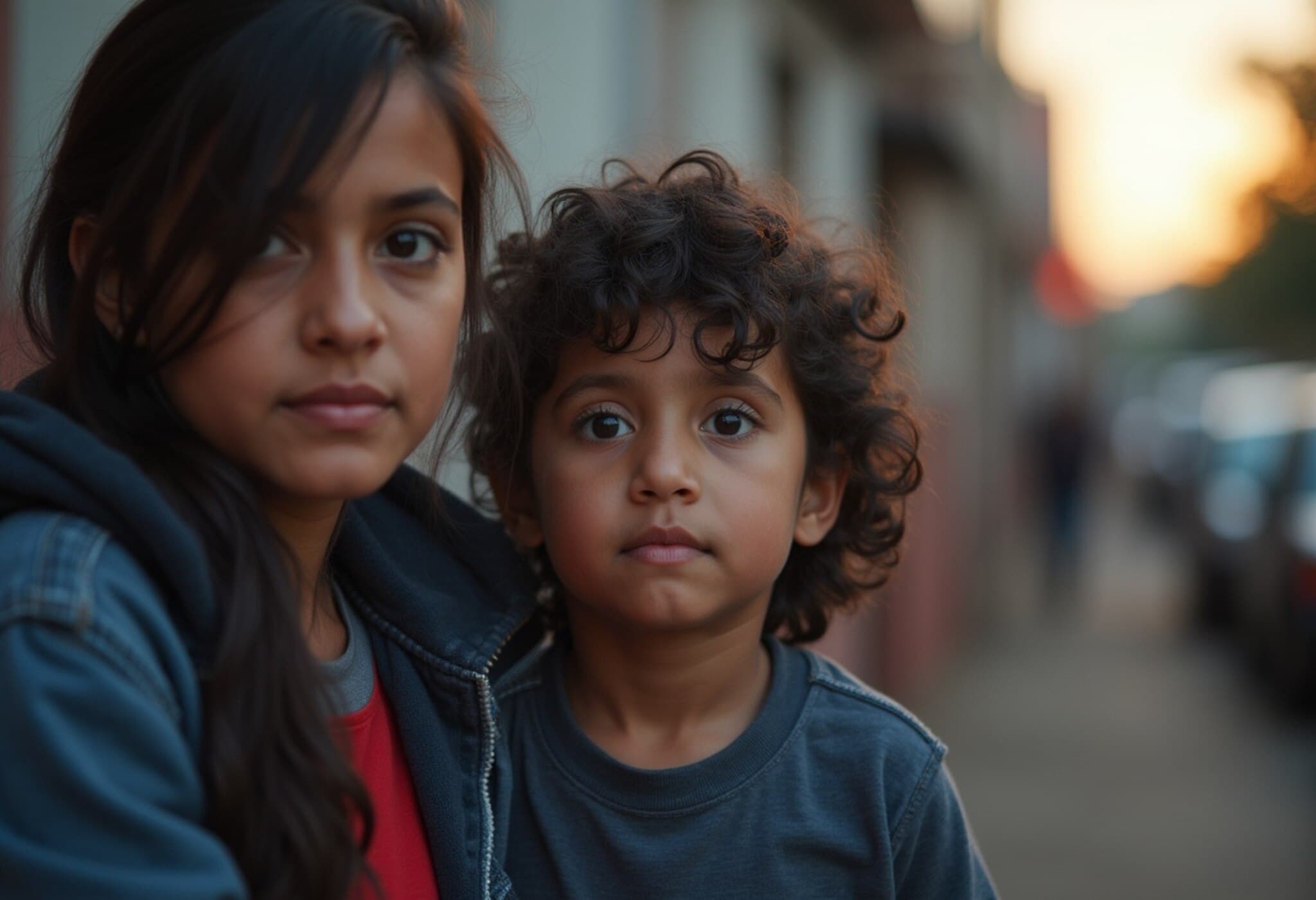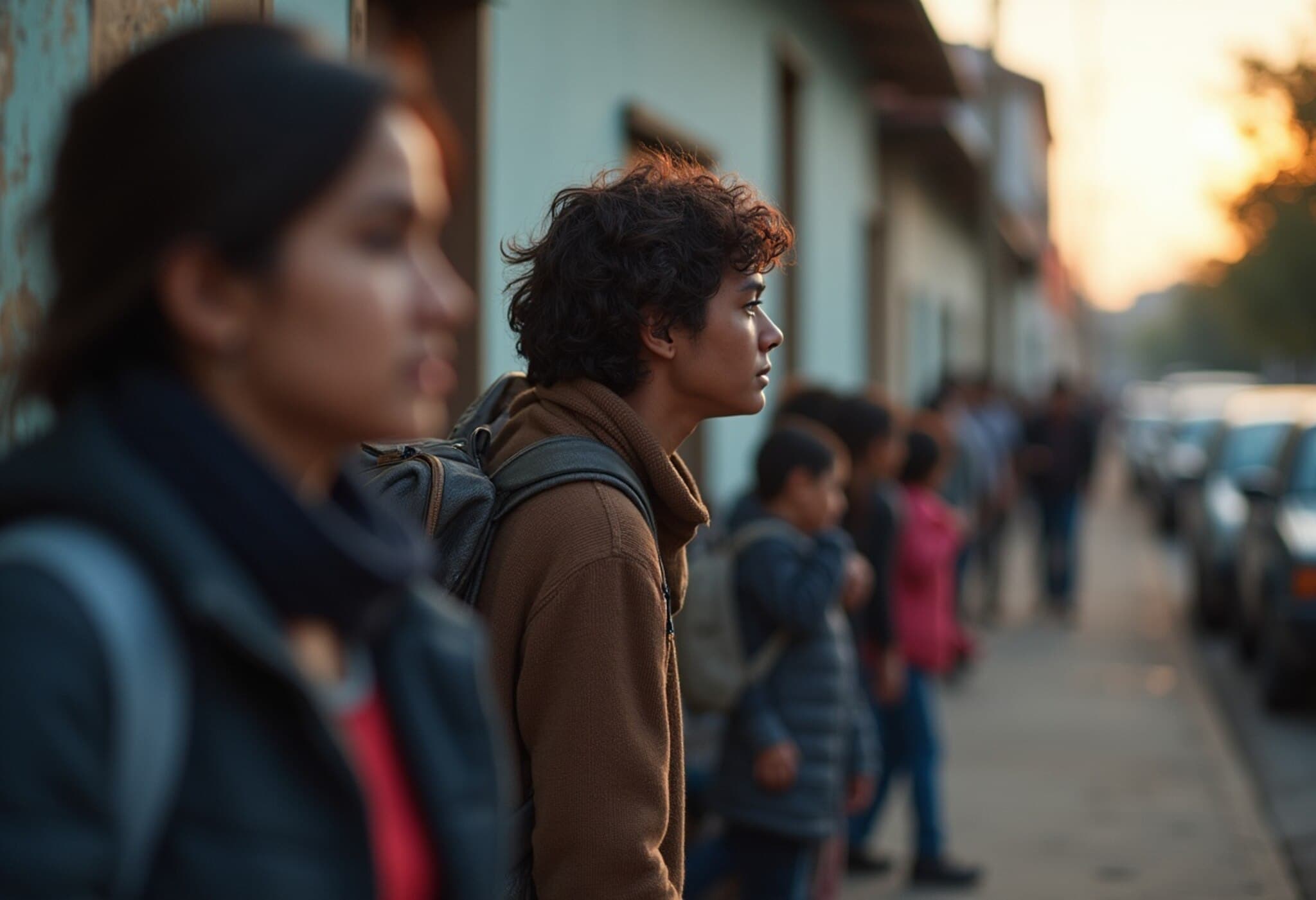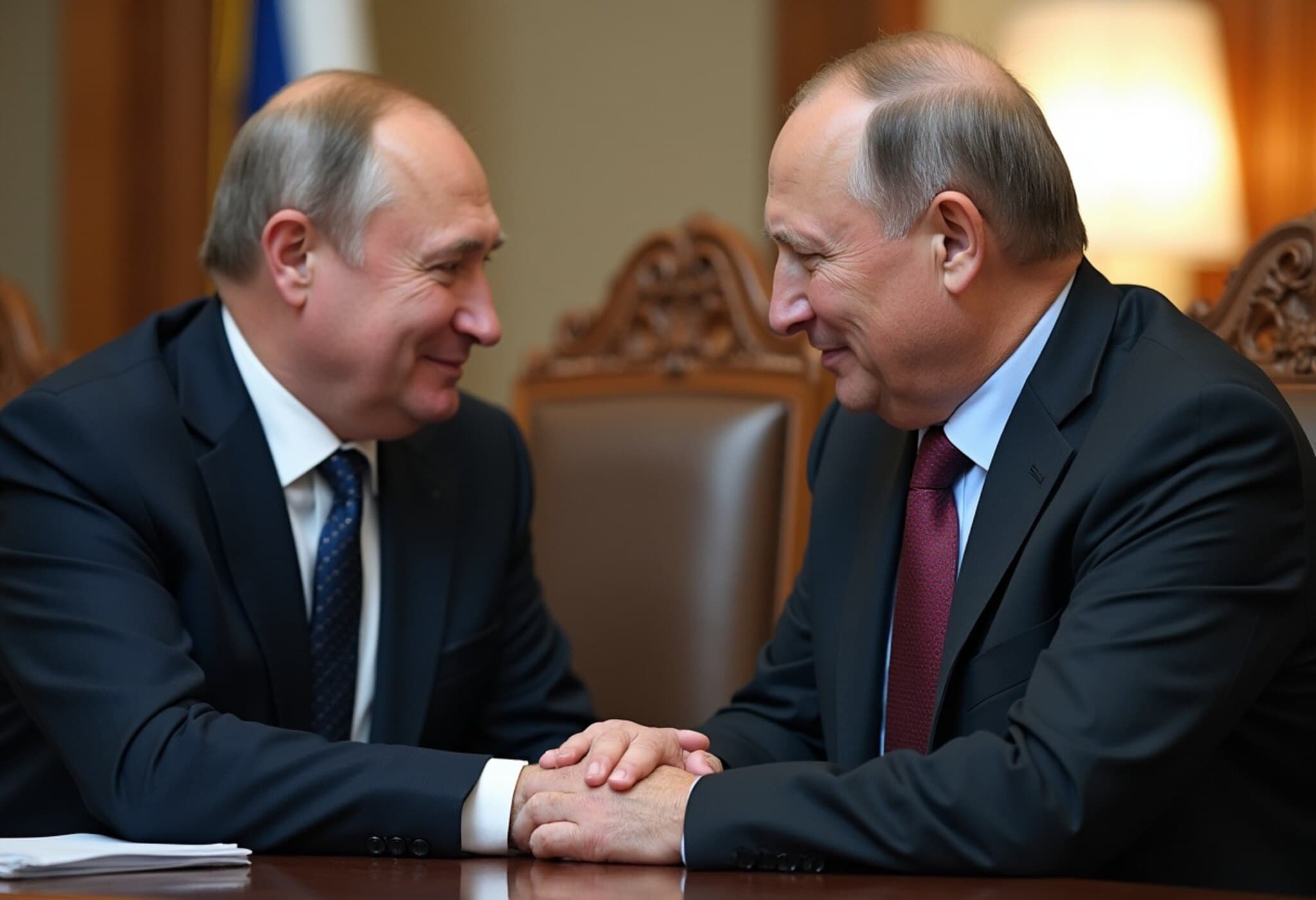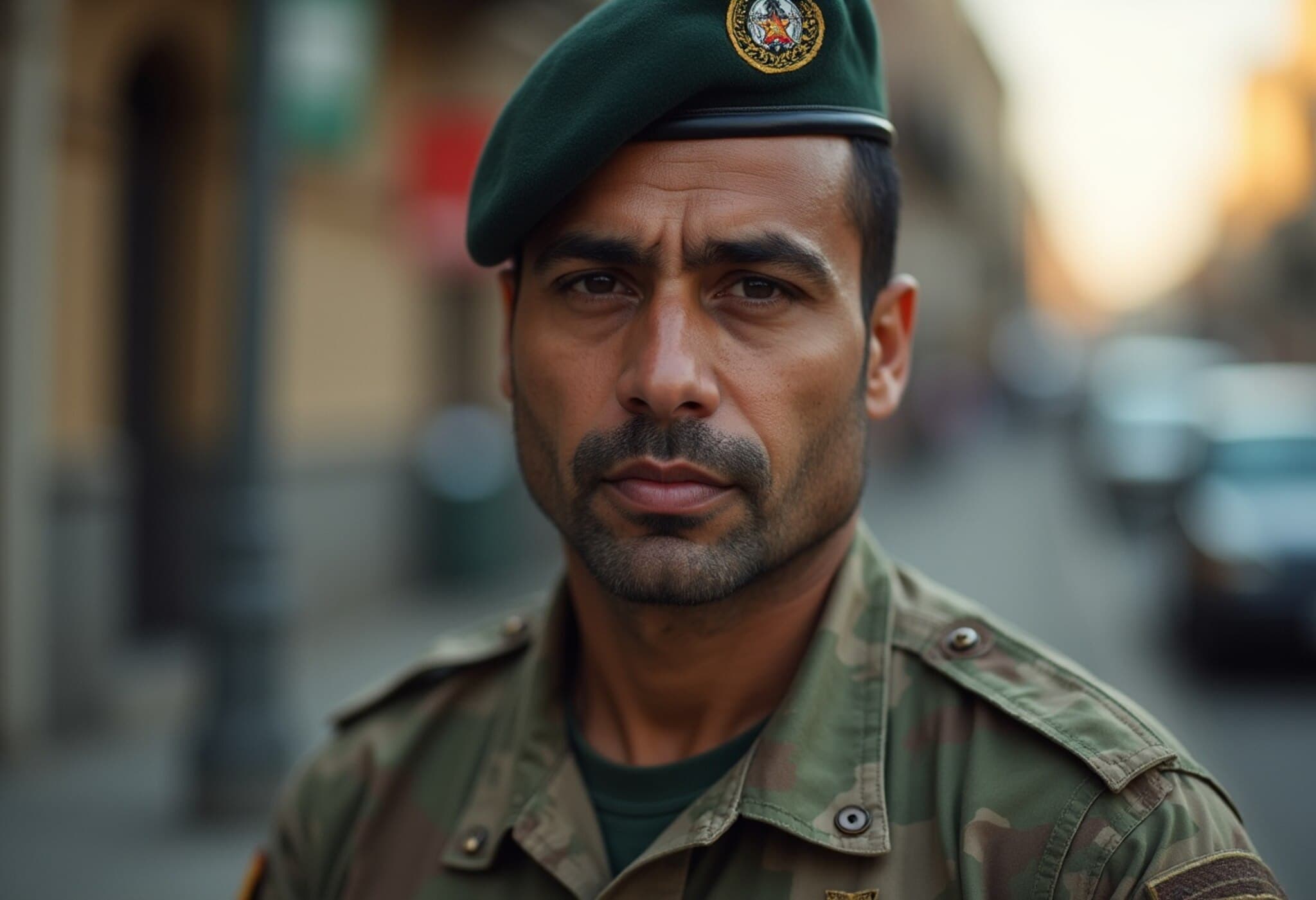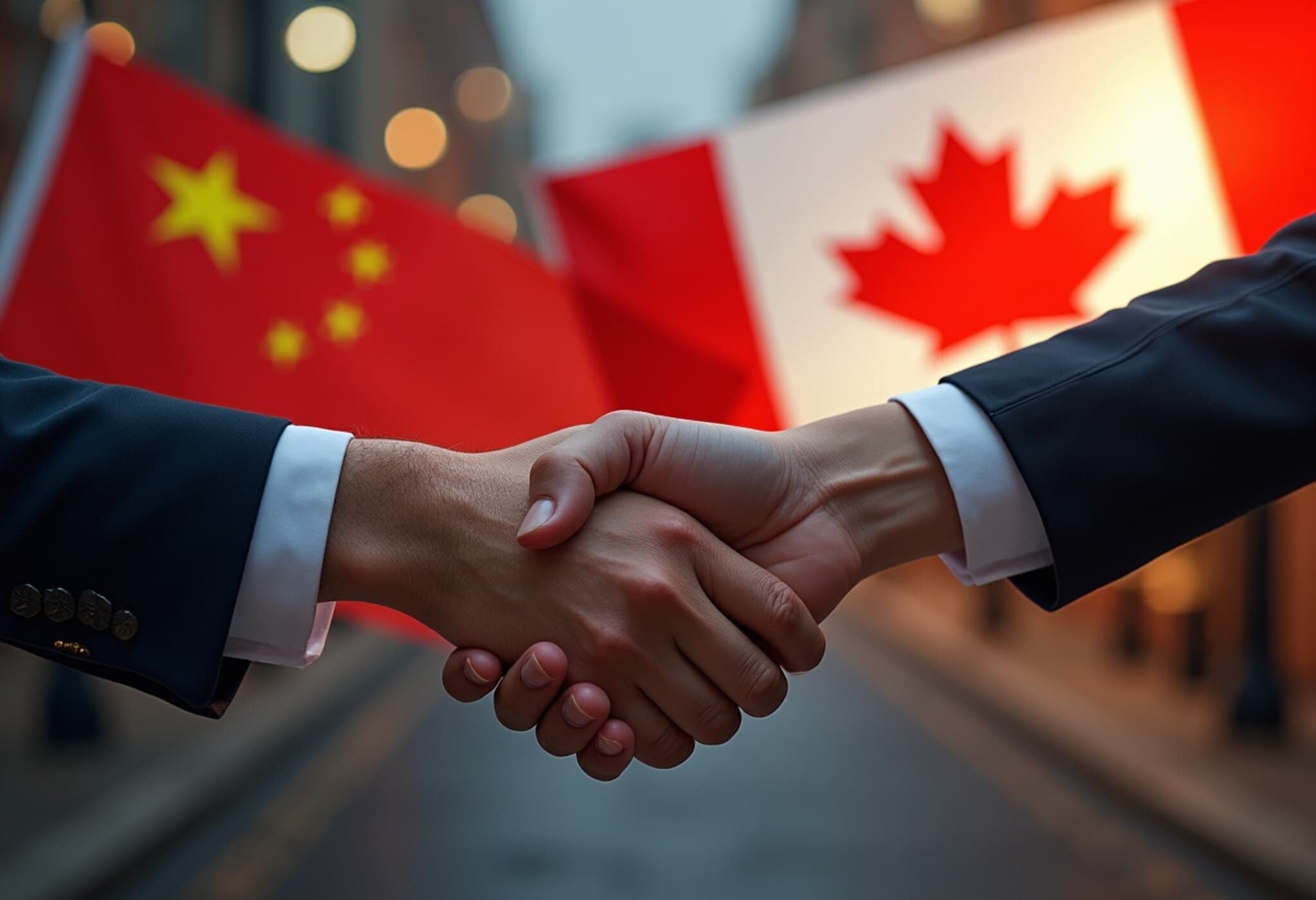El Salvador and Venezuela Agree on Prisoner Swap Amid Diplomatic Sensitivities
In a significant development highlighting the complex interplay of international relations and human rights concerns, El Salvador is set to transfer nearly two hundred Venezuelan detainees to Caracas. This move comes as part of a prisoner exchange deal that will see the release of American citizens held in Venezuela, according to two senior U.S. officials familiar with the matter.
Details of the Exchange
One U.S. official disclosed that El Salvador will send 238 Venezuelans, who are currently confined at the maximum-security CECOT prison, back to their home country. In reciprocity, the Venezuelan government plans to release five U.S. citizens and five U.S. permanent residents to U.S. custody. A second official confirmed that these figures are close to final and that the transfer process is underway.
Background and Context
The Venezuelan detainees were originally sent to El Salvador in March after accusations surfaced linking them to the notorious criminal organization, Tren de Aragua. El Salvador invoked the 1798 Alien Enemies Act, enabling a rapid deportation process without the usual immigration proceedings under the former U.S. administration.
However, this action has drawn criticism from the detainees’ families and legal advocates who claim many of the Venezuelans were not gang affiliates and were denied the chance to contest the charges. Their plight sheds light on the broader challenges of due process and allegations frequently levied under security pretexts.
Human Rights Concerns and Diplomatic Implications
Venezuela has condemned the detention conditions of its nationals at CECOT, branding them violations of human rights and international law. At the same time, critics of Venezuela’s government argue that the country itself has a troubling record of imprisoning activists and opposition members under similarly harsh conditions.
This prisoner exchange not only symbolizes a rare moment of diplomatic negotiation between Venezuela, El Salvador, and the United States but also raises questions about the political use of detention and the treatment of incarcerated individuals amid fraught bilateral relations.
Official Responses and Silence
As of now, neither Venezuela’s Communications Ministry nor El Salvador’s presidency has issued public statements regarding the swap. U.S. government bodies including the State Department, White House, and Department of Homeland Security have declined to comment or have not responded to inquiries, underscoring the delicate nature of the negotiations.
Expert Insight: Navigating Justice and Diplomacy
From a policy perspective, this exchange highlights the intricate balance between sovereign security interests and upholding international human rights standards. Professor Laura Martinez, an expert in Latin American diplomacy, notes:
"Prisoner swaps like this are often pragmatic tools for countries to reclaim nationals and ease political tensions. Yet, they underscore systemic issues about fairness in legal processes, especially when accusations around gang affiliations can be politicized. It’s crucial for the international community to observe whether due process is ultimately respected on both sides."
For the United States, securing the release of its citizens also carries humanitarian significance, while navigating a region wrestling with migration crises, organized crime, and political instability.
What Lies Ahead?
This exchange may set a precedent for future negotiations involving detained nationals in Latin America and beyond, especially as countries grapple with security challenges intertwined with migration and diplomatic relations. The lack of transparency so far calls for vigilant media and civil society oversight to ensure that human dignity and justice are not sidelined in the bargain.
Editor’s Note
The unfolding prisoner swap between El Salvador and Venezuela reveals more than just a diplomatic gesture; it opens a window into enduring debates over immigration law, human rights, and the politicization of justice. Readers should watch how these events impact broader regional dynamics—particularly U.S.-Latin America relations—and what safeguards are established to protect those caught in the crossfire of geopolitics and security policies.

